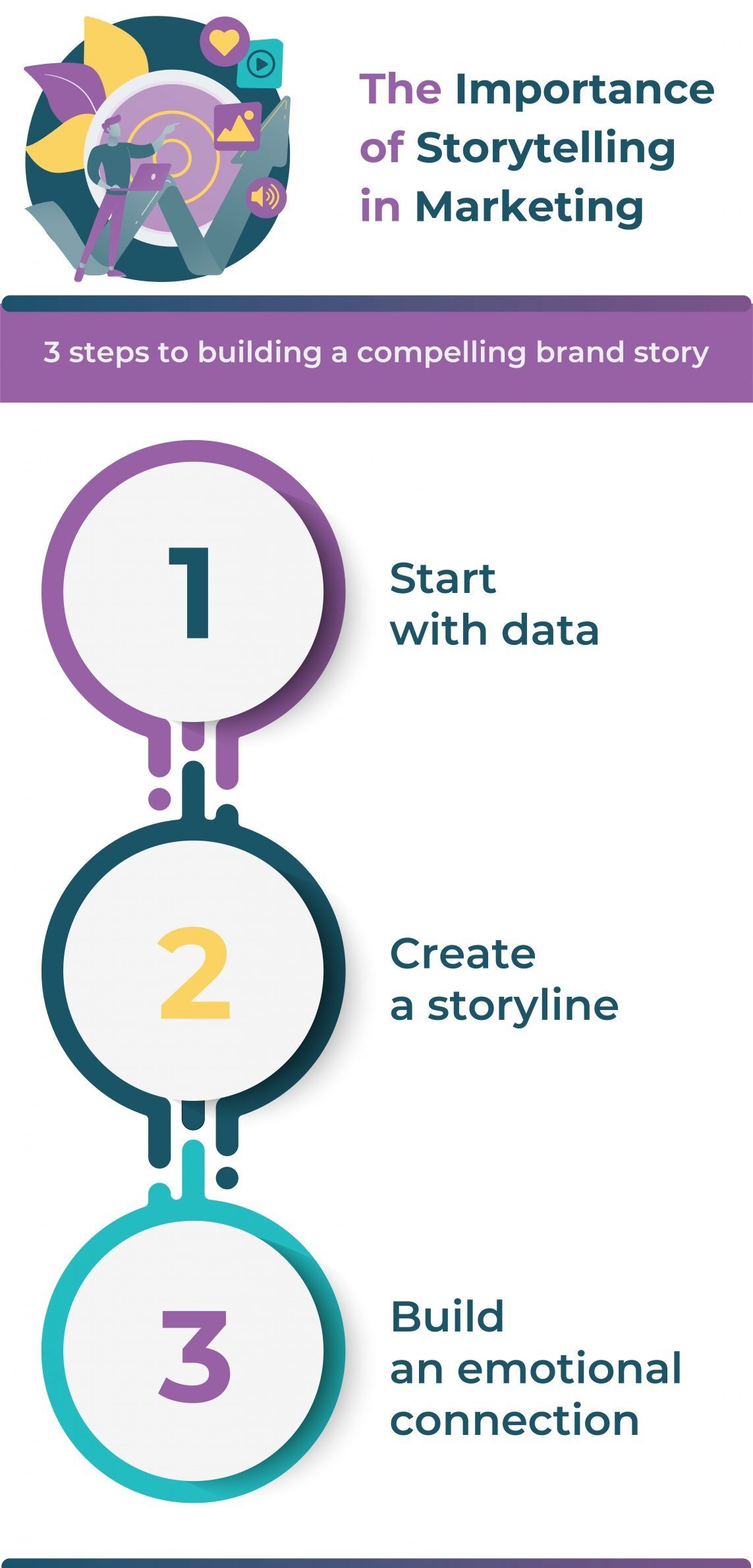What is Networking?
Before delving into the power of networking, it’s essential to understand what networking truly means. At its core, networking is the art of building and maintaining relationships with people who can potentially help you advance in your career. These relationships can be with colleagues, peers, mentors, industry experts, or even acquaintances from various walks of life.
Networking is not just about attending events or conferences with a stack of business cards to distribute. It’s about creating genuine connections, fostering mutual trust, and providing value to others in your professional circle. Successful networking is a two-way street, where both parties benefit from the relationship.
The Transformative Power of Networking
Let’s explore how networking can transform your career in several ways:
- Access to Opportunities
One of the most significant advantages of networking is the access it provides to a wide range of career opportunities. When you have a robust professional network, you’re more likely to hear about job openings, promotions, and projects before they are publicly announced. This early access can give you a competitive edge in a crowded job market. - Learning and Growth
Networking allows you to connect with individuals who possess valuable knowledge and experience. These connections can serve as mentors, offering guidance and insights that can help you develop new skills and advance your career. Learning from the experiences of others can be an invaluable resource in your professional journey. - Enhanced Visibility
Networking can also boost your visibility within your industry or organization. When you actively engage with peers and leaders in your field, your name and reputation are more likely to be recognized and respected. This increased visibility can lead to new opportunities, collaborations, and even invitations to speak at conferences or events. - Collaborative Opportunities
Successful professionals often rely on collaboration to achieve their goals. Networking can lead to collaborations with like-minded individuals or organizations that share your interests or objectives. These partnerships can open doors to innovative projects, joint ventures, and creative solutions to industry challenges. - Support and Mentoring
Building a strong professional network also means having a support system in place. During challenging times in your career, your network can offer advice, encouragement, and a listening ear. Mentors within your network can provide valuable guidance and help you navigate complex decisions.
Strategies for Effective Networking
Now that we’ve explored the transformative power of networking, let’s discuss some strategies to help you build and leverage your professional network effectively:
- Set Clear Goals
Before diving into networking, define your goals. What do you hope to achieve through your network? Are you looking for career advancement, learning opportunities, or mentorship? Setting clear objectives will guide your networking efforts. - Attend Relevant Events
Participate in industry-specific events, conferences, workshops, and seminars. These gatherings provide excellent opportunities to meet like-minded professionals and experts in your field. Be proactive in introducing yourself and engaging in conversations. - Online Networking
In today’s digital age, online networking is just as important as in-person interactions. Utilize professional networking platforms like LinkedIn to connect with peers, join industry groups, and share your expertise. Engage in meaningful conversations and showcase your knowledge. - Follow Up and Stay in Touch
Building a network isn’t just about making initial connections; it’s about maintaining them. After meeting someone new, follow up with a thank-you email or message. Stay in touch by periodically checking in, sharing interesting articles or insights, and offering your assistance when possible. - Give Before You Receive
Remember that networking is a two-way street. Offer your assistance, insights, or connections to others in your network without expecting immediate returns. Generosity and a willingness to help others can strengthen your professional relationships over time. - Seek Out Mentorship
Identify individuals within your network who can serve as mentors or advisors. Approach them with humility and a desire to learn. A mentor can provide valuable guidance and help you navigate the ups and downs of your career. - Diversify Your Network
Don’t limit your network to those in your immediate field. Expanding your horizons and connecting with professionals from diverse backgrounds and industries can bring fresh perspectives and unexpected opportunities.
Conclusion
Networking is not a one-time effort; it’s an ongoing process that can significantly impact your career journey. The power of networking lies in the relationships you build and the opportunities they can create. By strategically cultivating and nurturing your professional network, you can position yourself for success, growth, and fulfillment in your career. So, start networking today, and watch your career soar to new heights.



